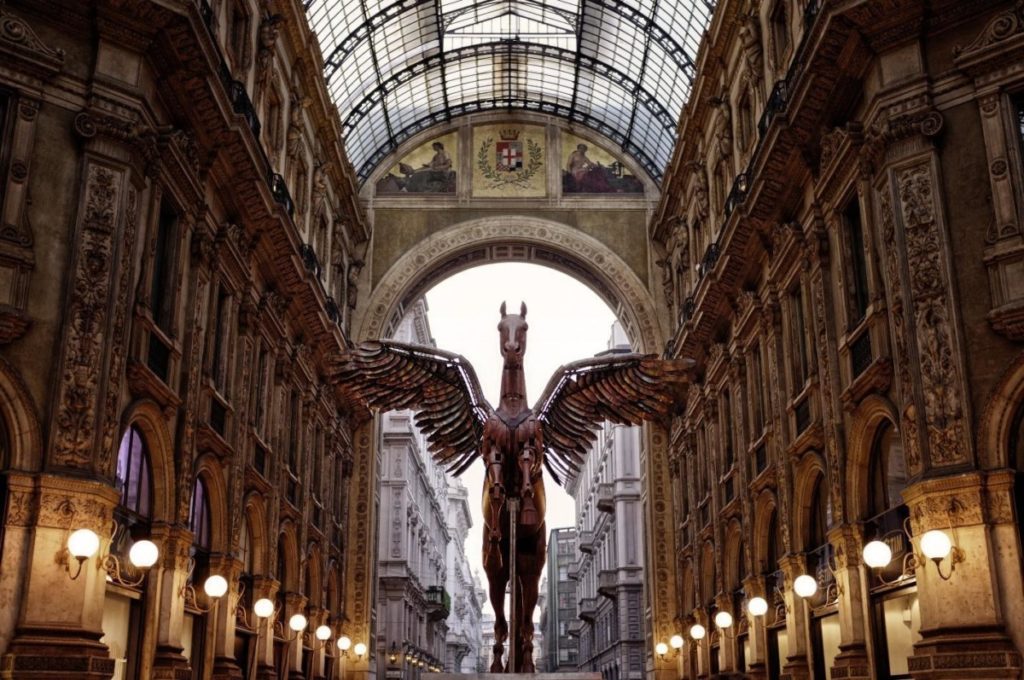Which horse won the Welsh Grand National in 2009?
The Welsh Grand National, run over 3 miles 6½ furlongs at Chepstow, is the most valuable race of the year in Wales, worth a total of £150,000 in prize money. Fittingly, its roll of honour includes some of the finest staying chasers since World War II, including Burrough Hill Lad, Master Oats, Synchronised and Native River.
However, just one winner, Dream Alliance, who stayed on well to win by threequarters a length in 2009, has received the ‘Hollywood treatment’ and been the subject of not one, but two, films. His unlikely, rags-to-riches story was first told in the 2015 documentary ‘Dark Horse: The Incredible True Story of Dream Alliance’ and retold, in fictionalised form, in the 2020 drama ‘Dream Horse’, starring Toni Collette and Damian Lewis.
Dream Alliance was bred and owned by Brian and Jan Vokes, who banded together with friends and colleagues from Cefn Fforest, near Caerphilly, to form the Alliance Partnership. Raised on a local allotment, Dream Alliance entered training with Somerset handler Philip Hobbs as a three-year-old. He won a couple of times over hurdles and over fences but, as a seven-year-old, suffered a life-threatening tendon injury, requiring revolutionary, and expensive, stem cell treatment.
Nevertheless, Dream Alliance returned to training 19 months later, as an eight-year-old, finishing a tired second over hurdles on his reappearance at Chepstow in April, 2009. Nevertheless, he took his chance in the Welsh Grand National the following month and gave his owners the thrill of a lifetime by winning at odds of 20/1.
